10 Different Types of Websites for Your Business (2024)
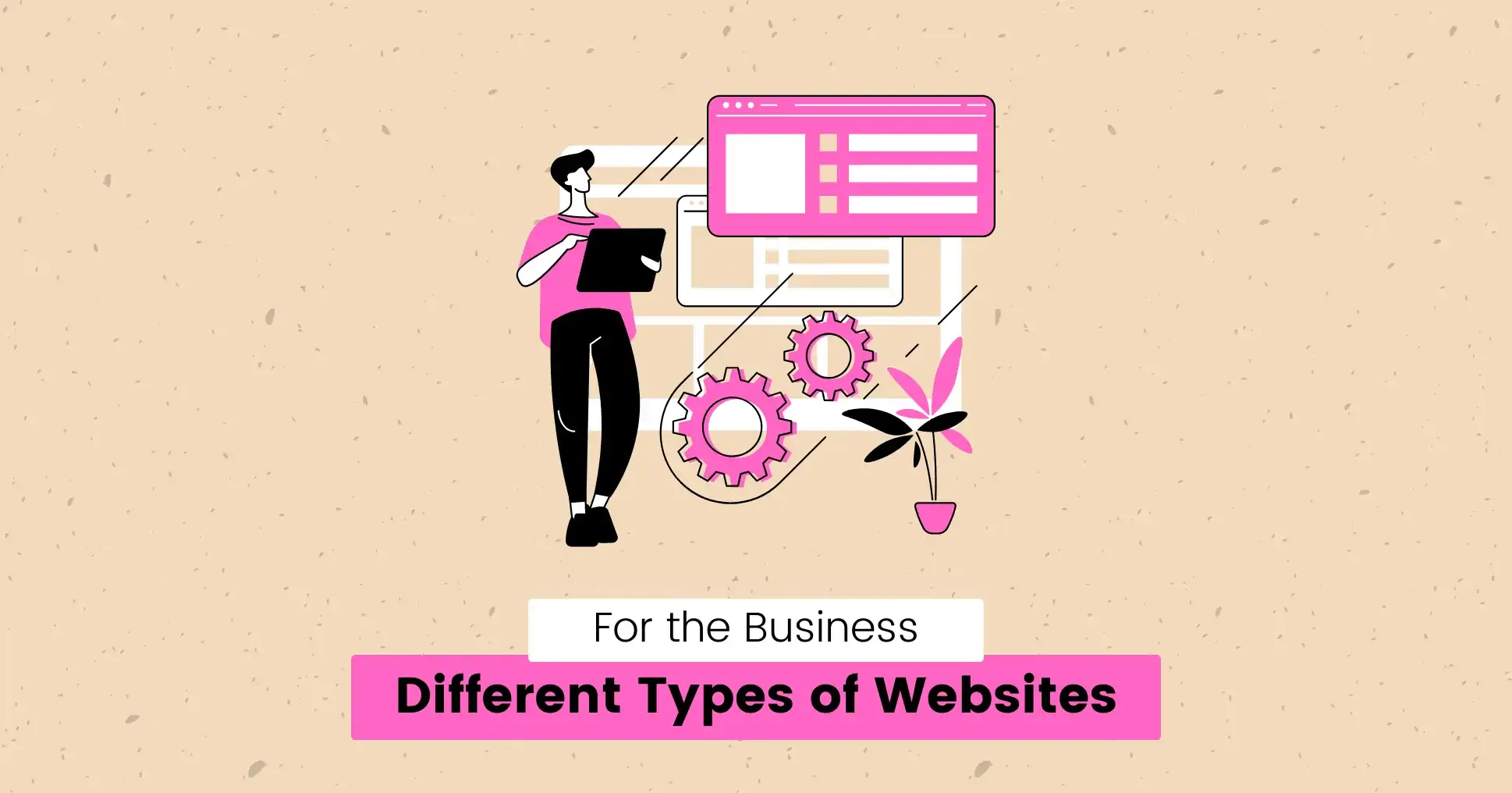
Starting a business is exciting, but choosing the right type of website can be confusing.
With so many options, it’s easy to feel overwhelmed and unsure where to begin.
Imagine investing time and money into a website that doesn’t meet your business needs.
It can lead to missed opportunities and frustration. You need a clear understanding of which website type will best serve your goals.
Here’s a breakdown of 10 different types of websites for your business, each according to specific needs.
Let’s make this decision easier for you.
E-Commerce Website
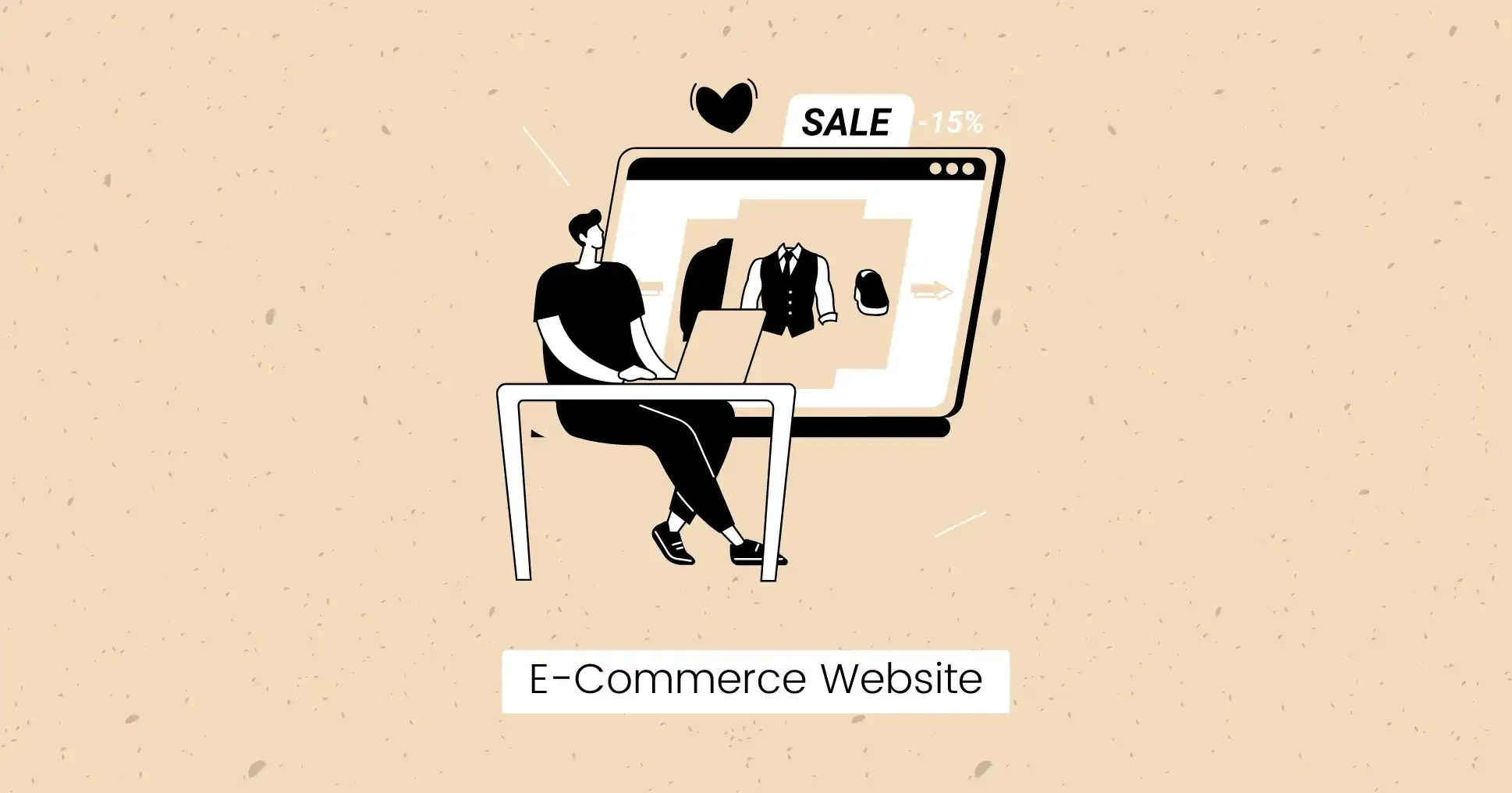
Selling products online with the right platform can be easy.
Without a user-friendly e-commerce site, customers may abandon their carts, leading to lost sales.
An e-commerce website lets you showcase products, process payments, and manage orders smoothly.
Common Mistakes:
- Poor product descriptions and images.
- Complicated checkout process.
Key Tips:
- Use high-quality images and detailed product descriptions.
- Ensure the website is mobile-friendly.
- Implement secure payment gateways.
- Offer customer reviews and ratings.
Do you need a website?
We create professional websites for small and medium-sized companies.

Blog Website
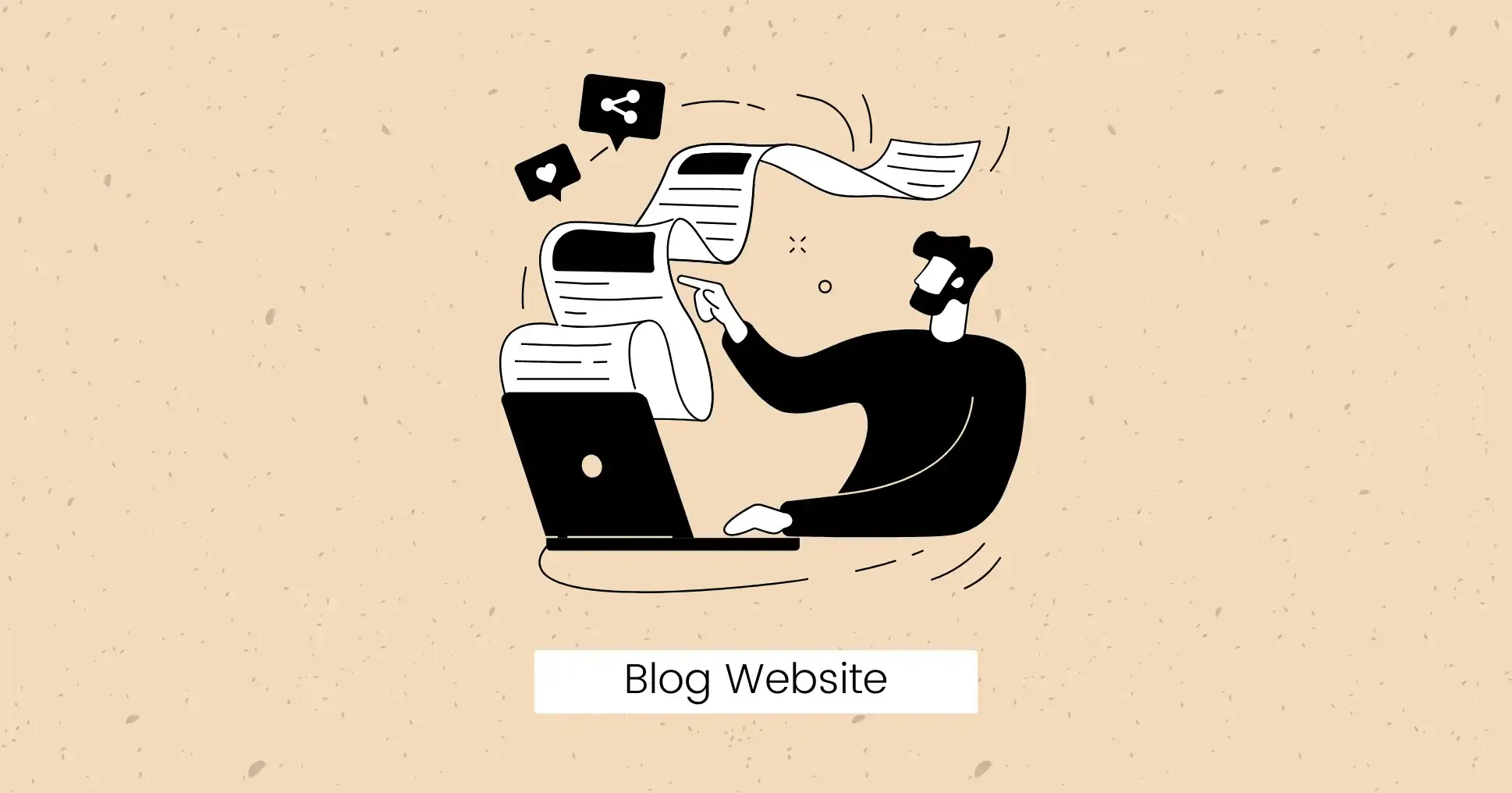
Struggling to share your expertise and engage with your audience?
Without a blog, you miss out on building authority and driving organic traffic to your site.
A blog website allows you to publish regular content, share knowledge, and attract readers.
Common Mistakes:
- Inconsistent posting schedule.
- Ignoring SEO best practices.
Key Tips:
- Post consistently with fresh, valuable content.
- Use SEO best practices to improve visibility.
- Engage with readers through comments.
- Promote your blog posts on social media.
Portfolio Website
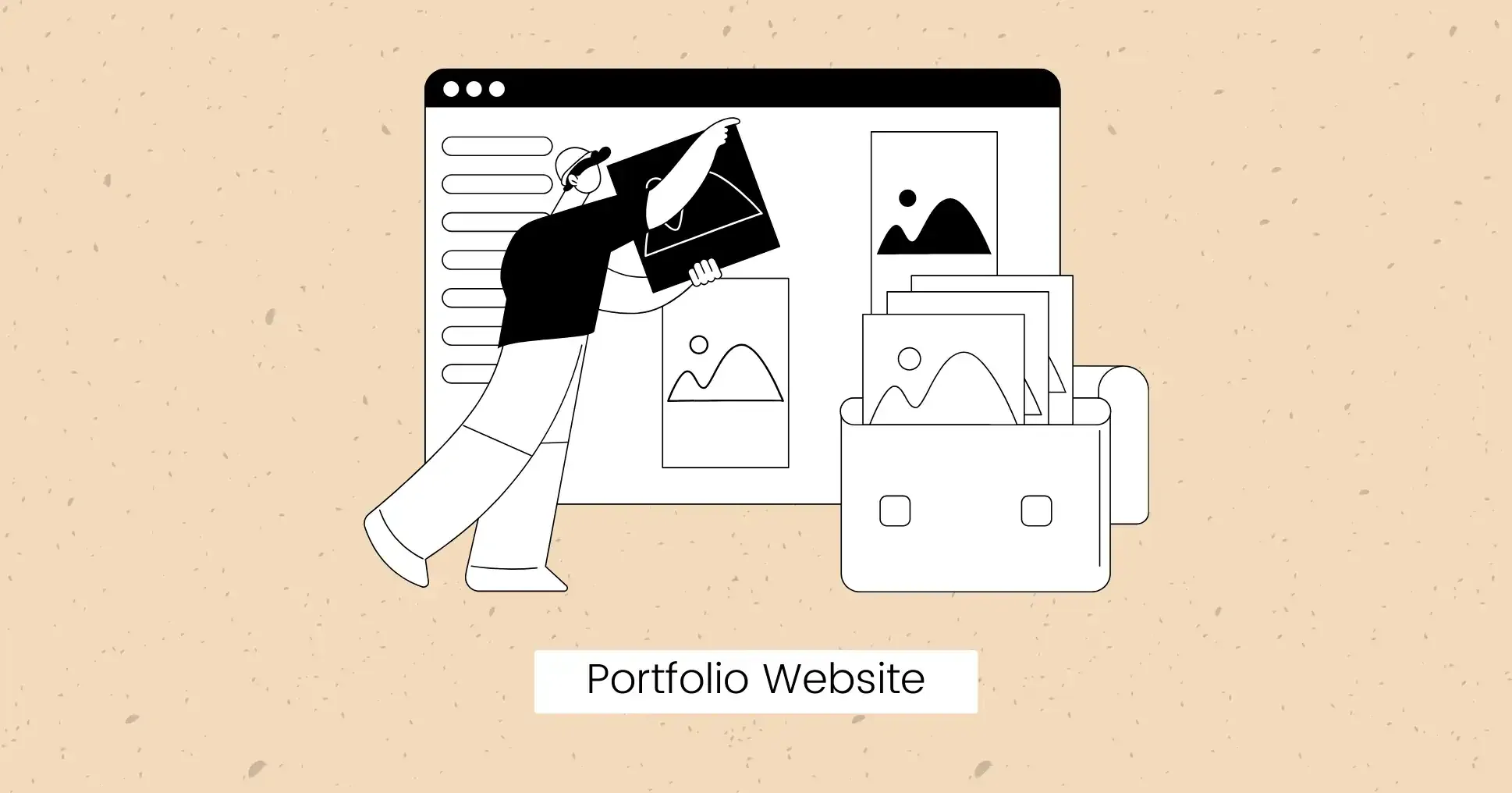
Need to showcase your work but don’t know how?
Potential clients can’t see your skills and past projects without a portfolio site.
A portfolio website highlights your work, skills, and achievements in an organized way.
Common Mistakes:
- Overloading the portfolio with irrelevant or low-quality work.
- Lack of clear contact information.
Key Tips:
- Use a clean, professional design.
- Include high-quality images of your work.
- Provide client testimonials.
- Make contact information easy to find.
Corporate Website
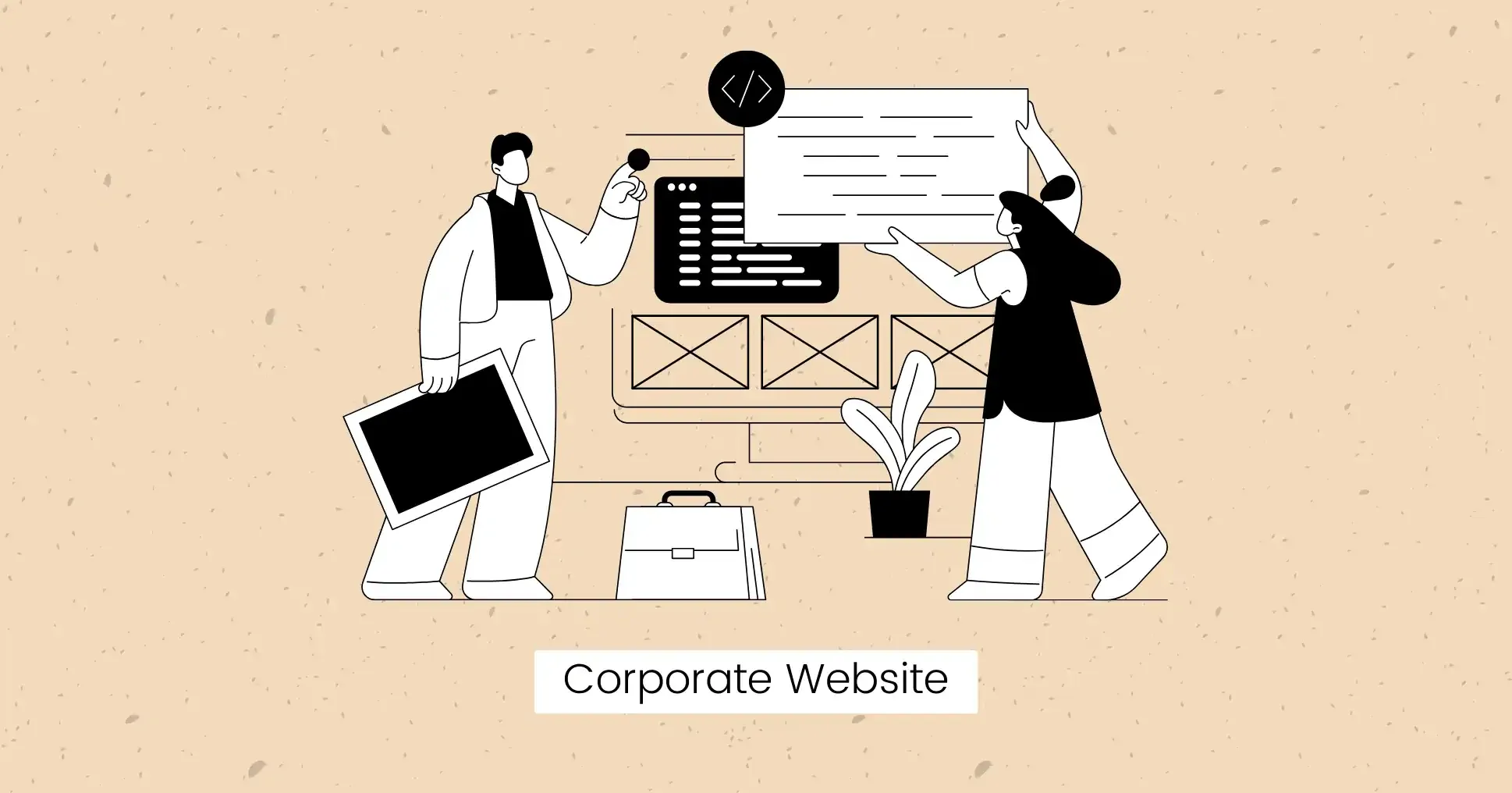
Your company lacks an online presence.
Without a corporate site, you can’t effectively communicate your brand message or values.
A corporate website provides information about your company, its services, and its mission.
Common Mistakes:
- Complex navigation and cluttered design.
- Outdated content or broken links.
Key Tips:
- Clearly define your company’s mission and values.
- Provide detailed service descriptions.
- Include an “About Us” section with team bios.
- Ensure easy navigation and user experience.
Landing Page
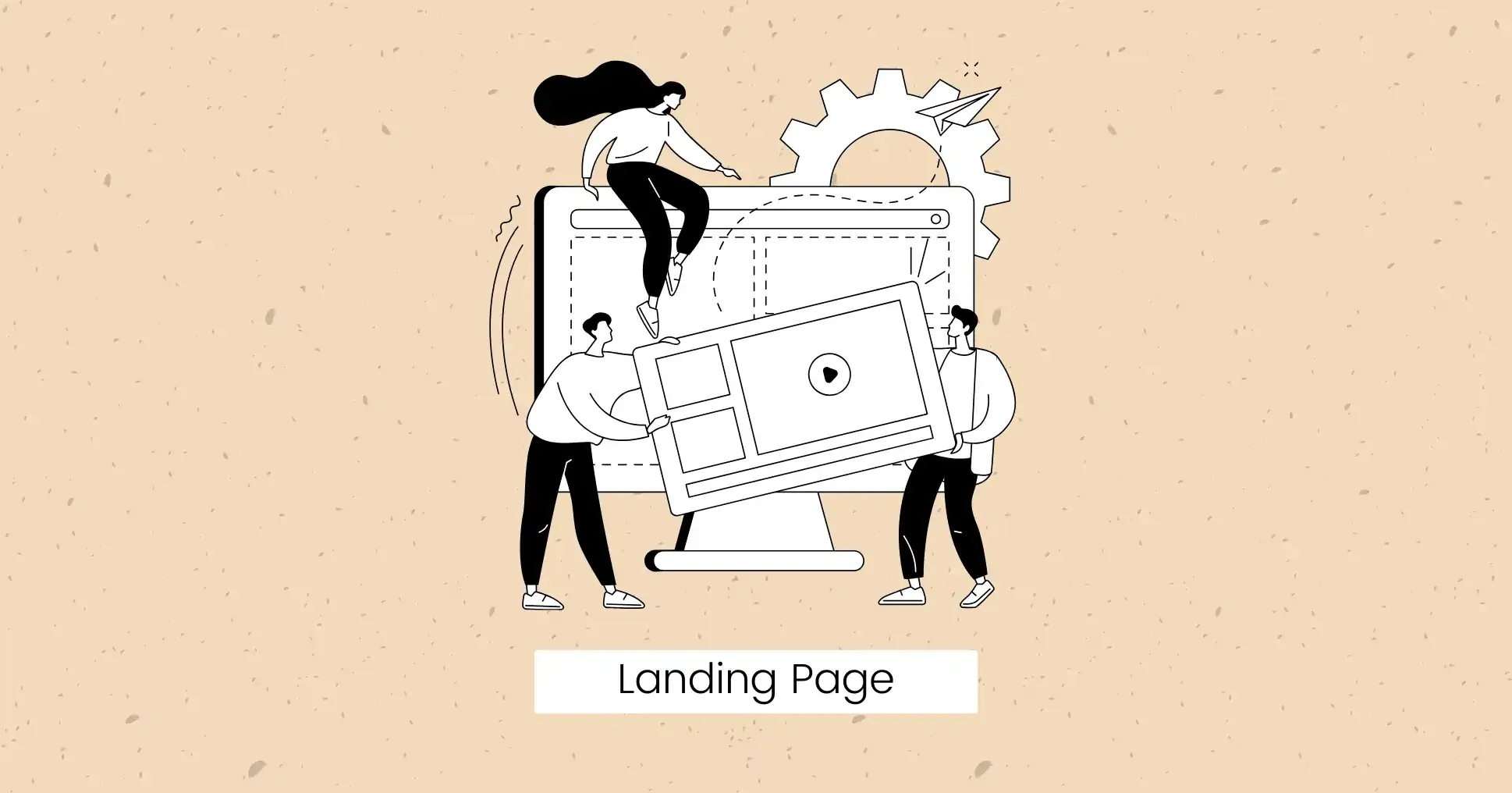
Need to promote a specific product or campaign?
Generic pages don’t convert visitors into leads or sales effectively.
A landing page focuses on a single goal, such as capturing leads or promoting a product.
Common Mistakes:
- Weak or unclear call-to-action (CTA).
- Too much distracting content.
Key Tips:
- Keep the design simple and focused.
- Use compelling headlines and clear calls to action (CTAs).
- Include testimonials or social proof.
- Optimize for fast loading times.
Pro Tip: Look into essential components for a good landing page for your business.
Membership Website
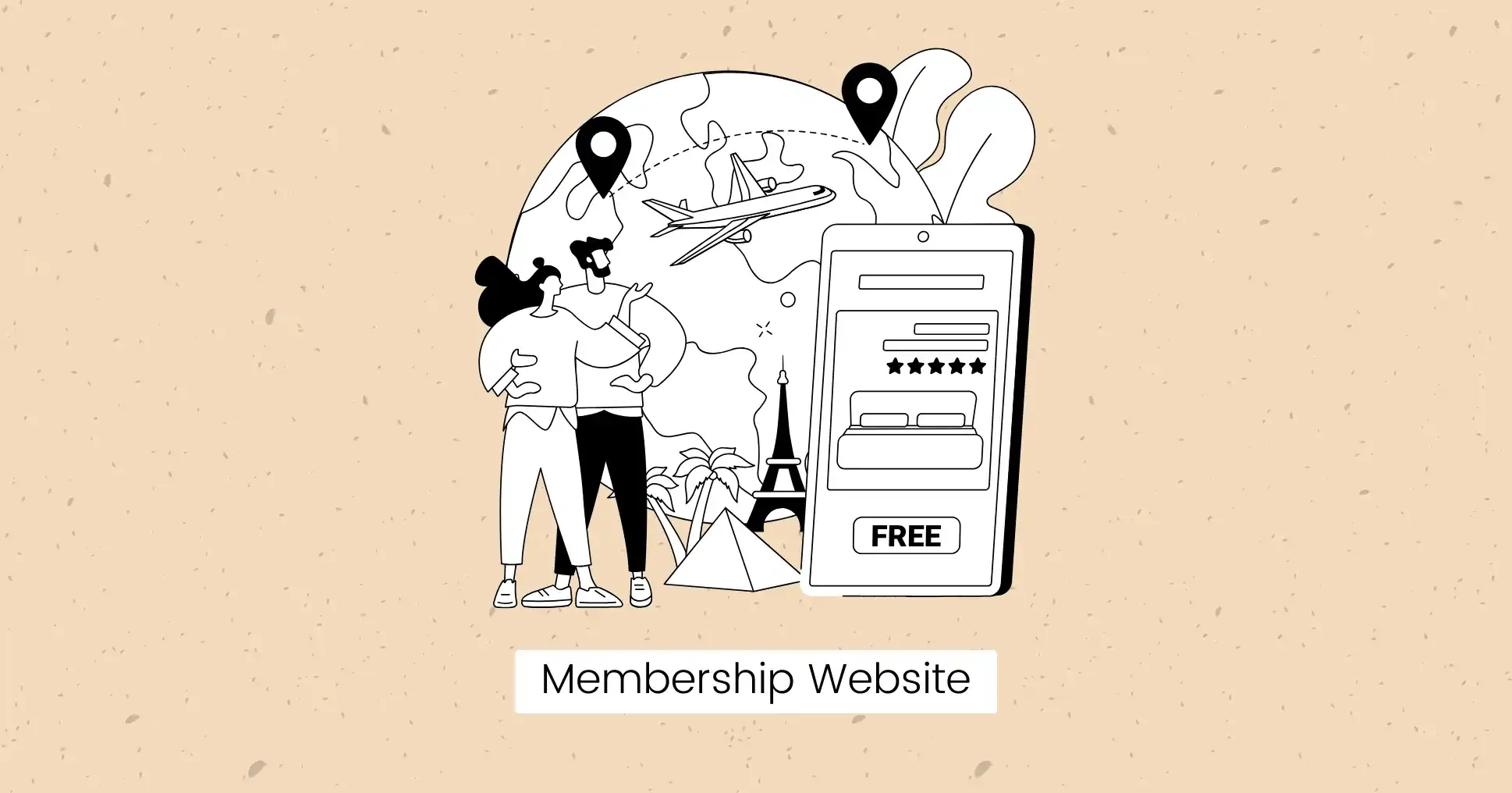
Want to create a community or offer exclusive content?
Without a membership site, you can’t monetize exclusive content or build a loyal community.
A membership website offers restricted access to premium content for paying members.
Common Mistakes:
- Lack of valuable, exclusive content.
- Confusing membership tiers or pricing.
Key Tips:
- Provide valuable, exclusive content.
- Use tiered membership levels.
- Ensure easy member management.
- Offer regular updates and engagement opportunities.
Educational Website
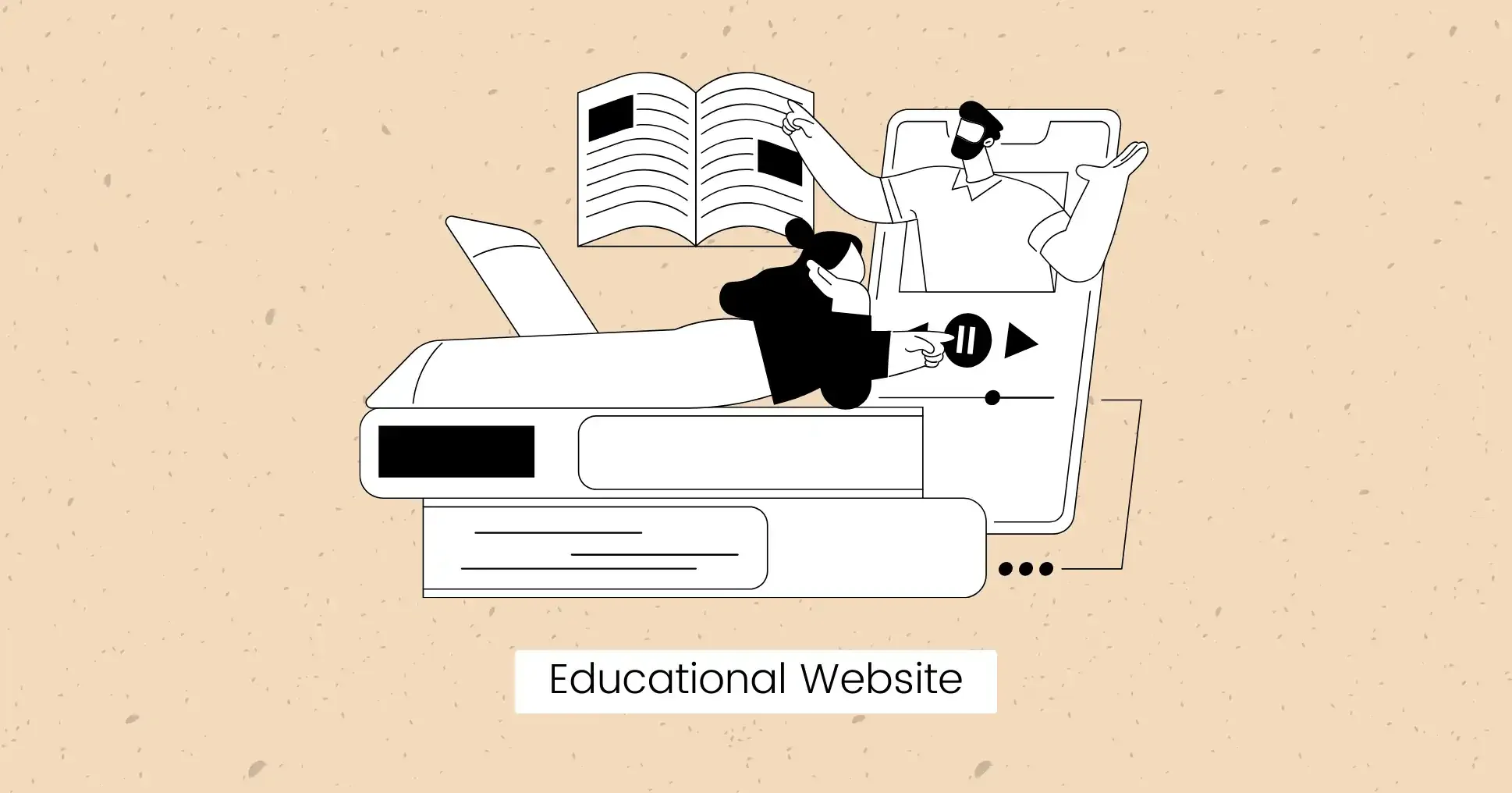
Need to provide online courses or educational resources?
Without an educational site, you can’t effectively deliver learning materials or manage students.
An educational website allows you to offer courses, quizzes, and educational resources online.
Common Mistakes:
- Poor user experience for learners.
- Insufficient course organization and structure.
Key Tips:
- Use a learning management system (LMS).
- Offer interactive and engaging content.
- Provide certificates of completion.
- Ensure user-friendly navigation.
Tip: You can also use third-party websites, such as Udemy, Skillshare, Teachable, and others, to host and deliver your courses. A better option is to hire a website creation agency to get your personalized platform.
Non-Profit Website
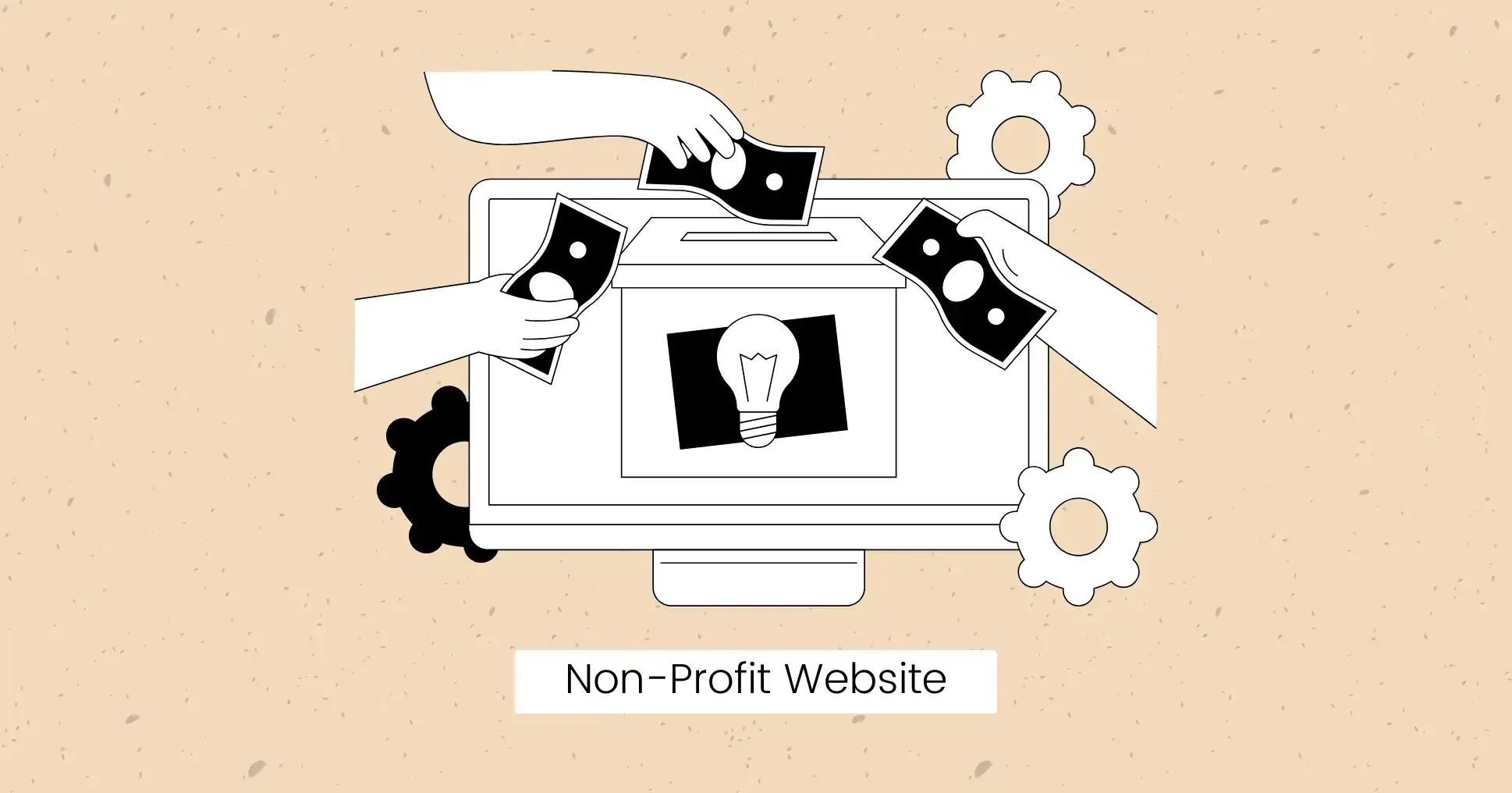
Need to raise awareness and funds for your cause?
Without a non-profit site, it’s hard to communicate your mission and attract donors.
A non-profit website helps you share your mission, accept donations, and engage with supporters.
Common Mistakes:
- Focusing too much on donations, neglecting impact stories.
- Not optimizing for mobile devices or accessibility.
Key Tips:
- Communicate your mission and impact.
- Include donation buttons and forms.
- Share stories and testimonials from beneficiaries.
- Provide regular updates on progress and events.
Personal Website
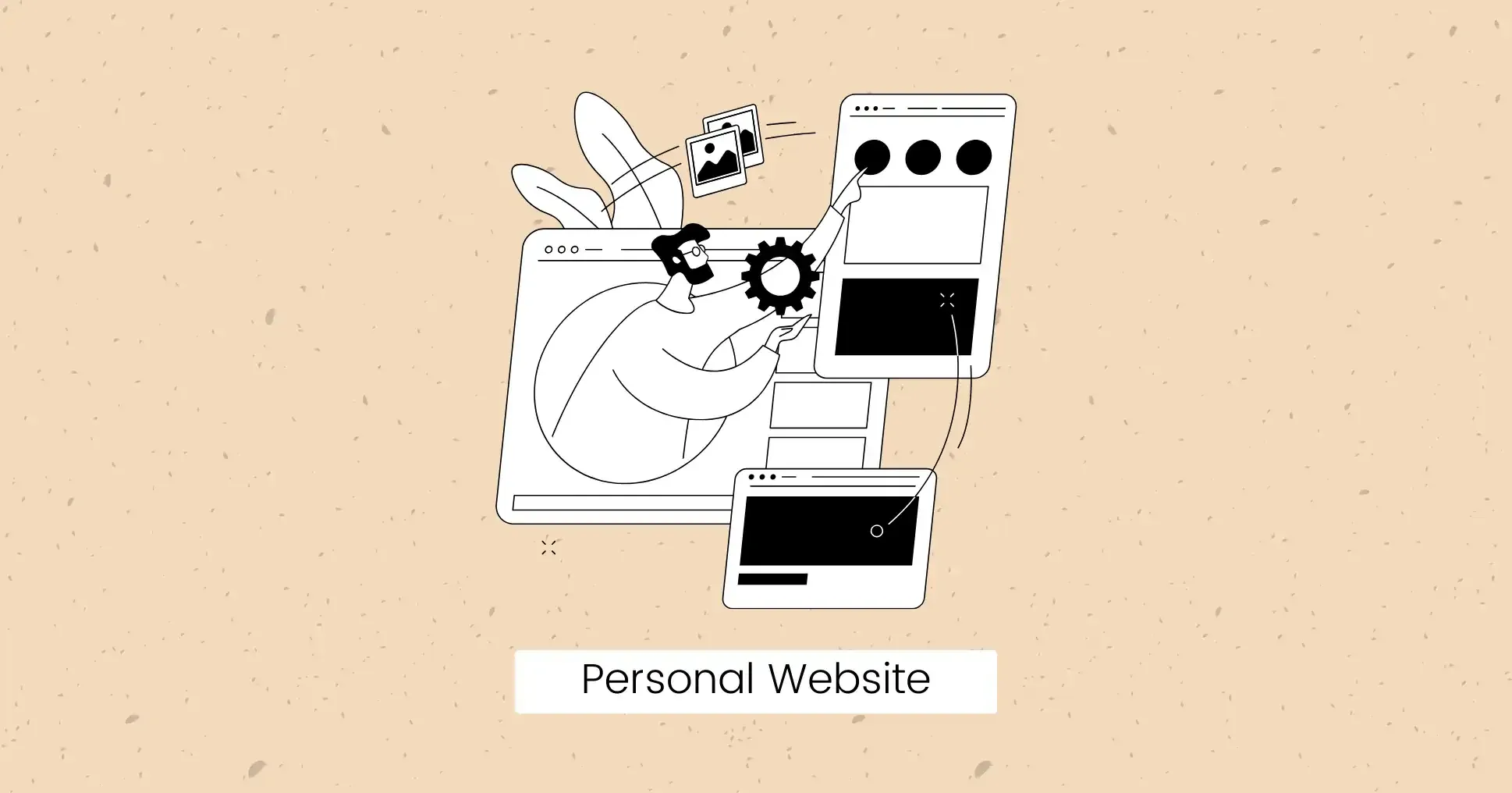
Want to create an online personal brand?
Showcasing your skills, experiences, and personality is difficult without a personal site.
A personal website highlights your resume, achievements, and personal projects.
Common Mistakes:
- Overwhelming design that distracts from the core content.
- Neglecting to update information regularly.
Key Tips:
- Use a professional design that reflects your personality.
- Include an updated resume or CV.
- Share personal projects and hobbies.
- Make contact information easily accessible.
Event Website
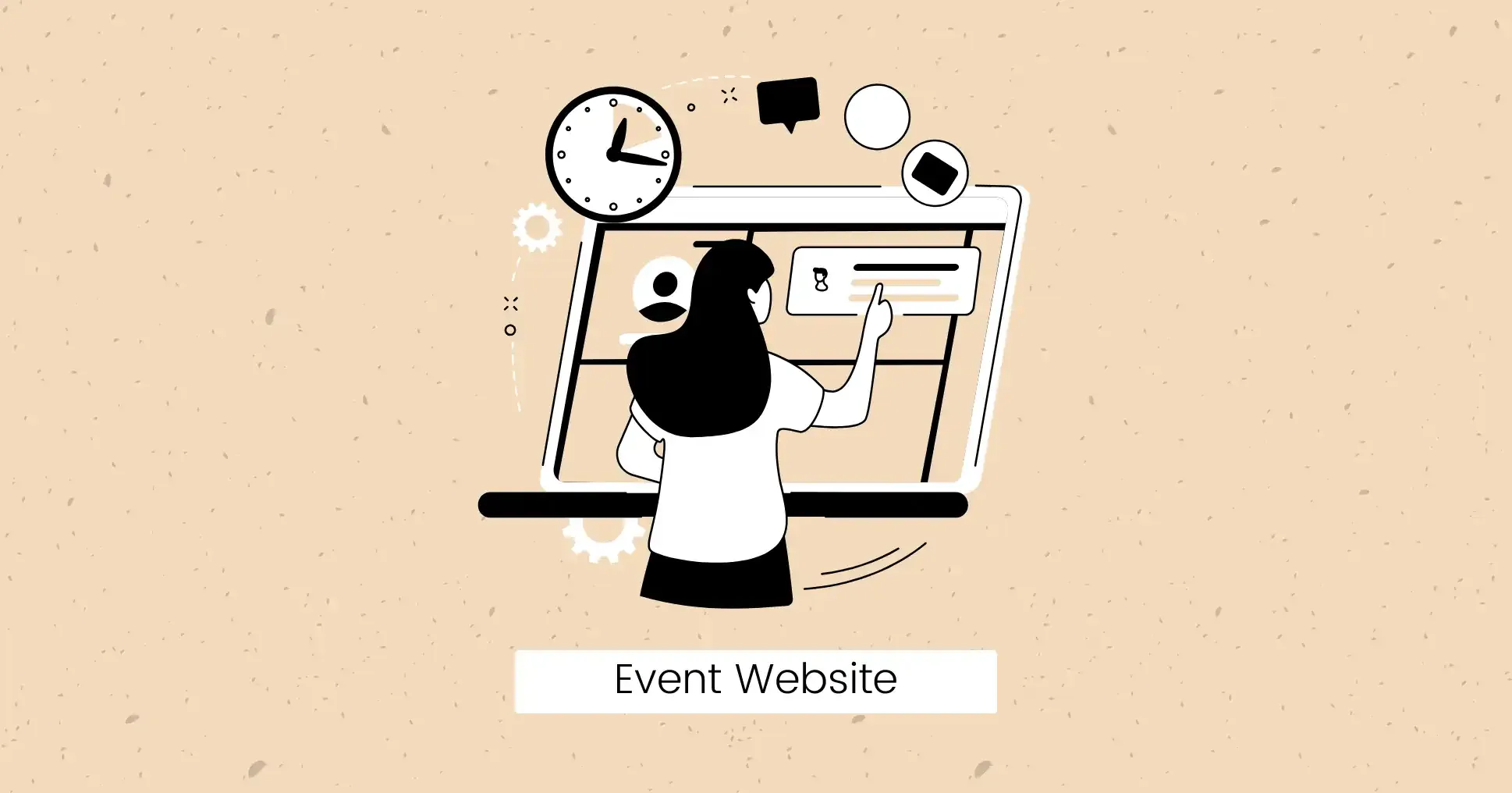
Need to promote an upcoming event?
Managing registrations and effectively providing event details is hard without an event site.
An event website offers all necessary information about the event and simplifies registration.
Common Mistakes:
- Incomplete or unclear event details.
- Overlooking registration or ticketing issues.
Key Tips:
- Display event details (date, time, location).
- Offer online registration and ticketing options.
- Include speaker bios and agendas.
- Provide updates and announcements regularly.
Final Words
Choosing the right type of website is important for your business success.
Evaluate your needs carefully and select the one that aligns with your goals.
You can also select multiple and integrate them into your overall website experience. A blog is a must for any business website, as it will help you gain visitors or a target audience.
By following these tips, you’ll be well on your way to creating an effective online presence.
Speak to an Expert
Need advice? Our experts are here to help! Our team is ready to answer your questions and provide you with detailed guidance. Click here to schedule a free consultation today!

FAQs:
What is the best platform for creating an e-commerce website?
Popular platforms include Shopify, WooCommerce, Magento, and BigCommerce. Each has its features, so choose one that fits your business needs. If you need a more customized solution to stand out from the crowd and competitors, then you can hire JetCoders .
How often should I post on my blog?
Consistency is key. Aim to post at least once a week to keep your audience engaged and improve SEO.
What pages are essential for a corporate website?
Essential website pages include Home, About Us, Services, Contact, and a Blog or News section.
What is an LMS, and why do I need it?
A Learning Management System (LMS) is software that helps you create, deliver, and manage online courses.
What information is essential for an event website?
Essential information includes event details (date, time, location), registration options, speaker bios, agenda, and contact information.